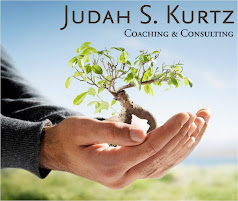If you are a human being, it is likely you grew up with instructions on what you should and should not do. While our family, teachers and society meant well – trying to provide a framework through which to guide your life and actions – these “shoulds” can often work against you in your adult life. We often limit ourselves in what is possible, what we are able to do and become, and what choices we can make with this restrictive word running through our heads. While this can be a helpful and protective mechanism, it can often result in us “shoulding” all over ourselves, limiting our freedom and ability to venture beyond preconceived boundaries.
Within the coaching experience, I believe that “should” can do more harm than good, and must be used sparingly. Even the obvious “shoulds” (I should take care of my children, I should not steal, etc.) need to be looked at with skepticism. Each “should” must not be taken for granted and instead evaluated on its own merit.
What are the root values beneath each dictum? What are you trying to accomplish by restricting or blindly forcing yourself one way or another? What would be the effect if you were to go in the exact opposite direction?
Once you have answered these and other questions, you are now in a position to choose. And, ultimately, that is the objective: to make an educated and well-thought-out choice. In the end, you may make the same decision that was connected with the “should,” but you will also understand why you are taking one course of action over another. With that comes freedom over “have to,” as you replace “I should” with “I choose.”
Subscribe to:
Post Comments (Atom)







No comments:
Post a Comment